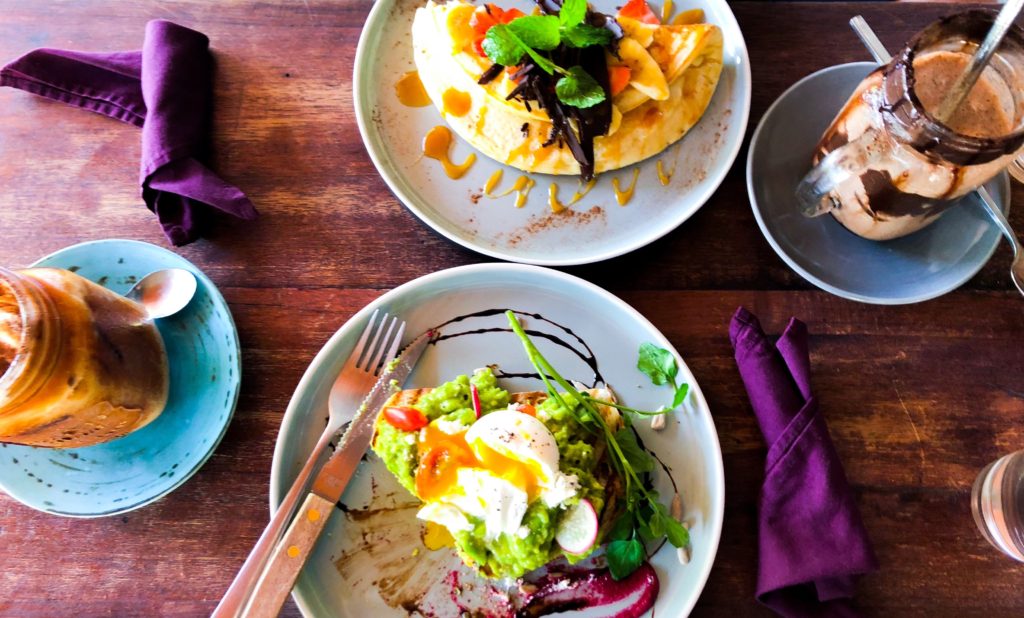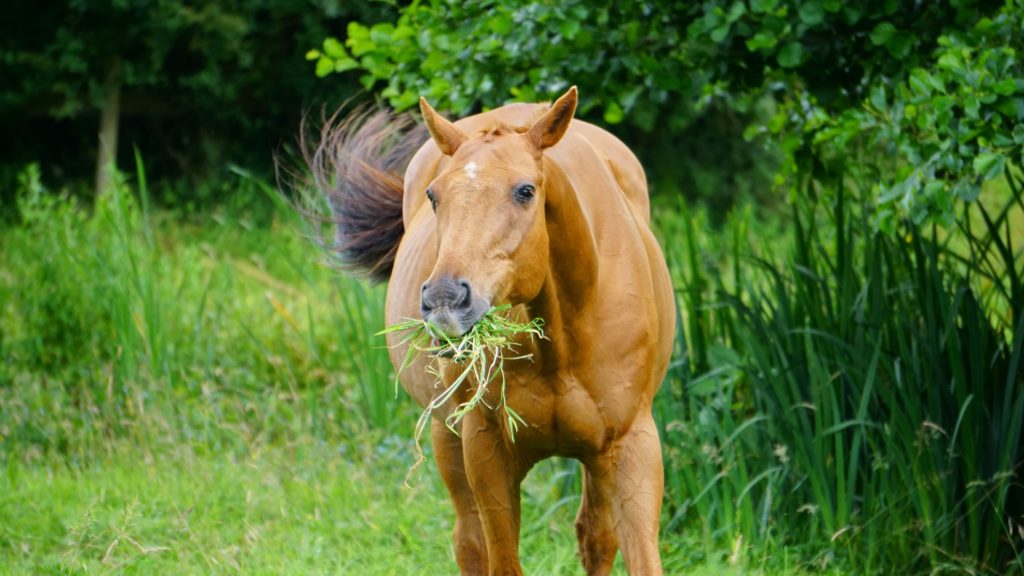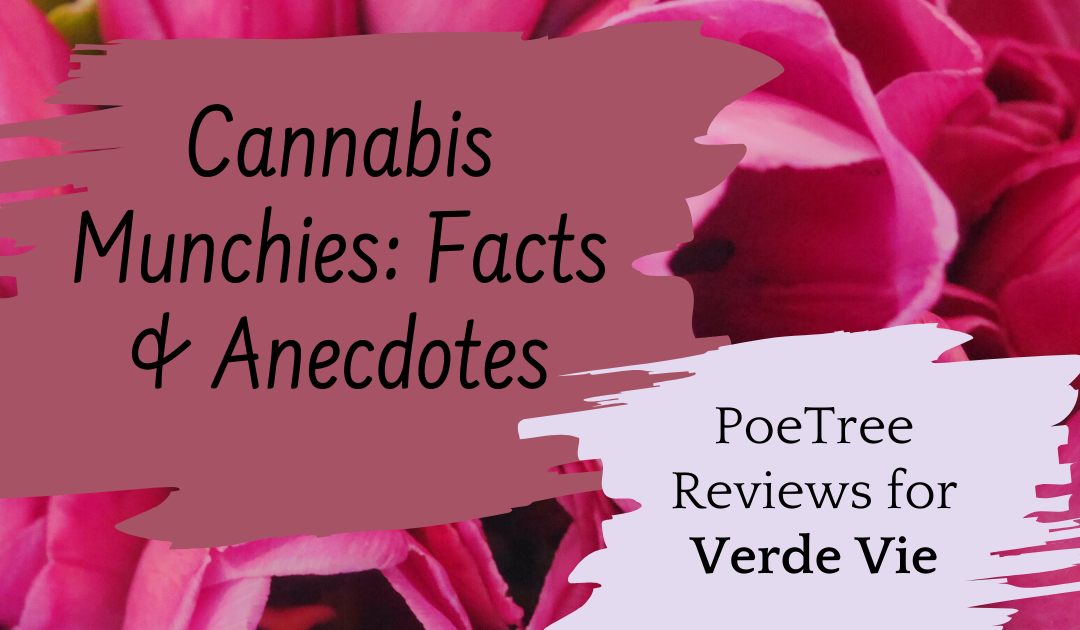Most people, when they consume cannabis, undergo a characteristic and very well-known phenomenon. This phenomenon is an event wherein the cannabis consumer is overtaken by fierce sensations of hunger, which are then followed by a dire need to rabidly consume any nourishment that is in proximity, until a (delayed) state of satiation is eventually achieved. These ravenous bouts have come to stereotype the stoner experience, and they are very commonly referred to as “the munchies.”
Many people who consume cannabis consider the munchies to be an undesirable occurrence or an unwanted side-effect of the overall experience. I, however, have the exact opposite feelings when it comes to the hunger-inducing abilities of cannabis. I am someone with a medical issue which affects my appetite, a duodenal ulcer, to be more specific. Therefore, I am unlike many cannabis users, because I specifically seek out strains that will give me as much munchies as possible! In fact, experiencing the munchies is the main reason why I use cannabis daily.
I believe that possessing normal cues of hunger and satiety is something that is heavily taken for granted. I have even been teased, by people who don’t know about the details of my condition, for having such a temperamental appetite. Although, I’m sure that if people knew about the actual anguish involved in wanting food but not being able to eat, they would be slightly less quick to judge.
Usually when I begin eating food, I experience feelings of bloating and fullness after only a few bites. After that, nausea sets in, and even though I’m nowhere near full, I end up picking at my plate, unable to force any more morsels into my mouth. Although, if I preface my meals with cannabis smoke, all of this discomfort melts away and I am able to enjoy the food in front of me once again. The effect that cannabis has on my appetite is profound, and therefore, I have become quite curious on how it all works, scientifically.
The cannabis plant contains molecules called cannabinoids, two of the most common being THC and CBD. These plant cannabinoids resemble molecules that are manufactured by our own human bodies, which are known as: endogenous cannabinoids or “endocannabinoids.” Because plant cannabinoids are similar in structure to human endocannabinoids, they can attach to the receptors of our own cannabinoid system. The human “endocannabinoid system” is the most widespread receptor network in the body, and it is responsible for controlling a number of vital life functions, such as: mood, sleep, and, of course, appetite and eating behavior. Therefore, when a person ingests plant cannabinoids, they are influencing the parts of the brain that are naturally responsible for telling us when we are hungry or full. Interestingly however, each cannabinoid molecule has different influences on our endocannabinoid receptors; thus, different cannabinoids can affect our appetites in different ways.

THC
THC is often the main culprit behind the actions of cannabis, and this is no exception when it comes to the appetite-stimulating properties of the plant. THC is an agonist of the endocannabinoid receptor CB1, which means that it increases the activity of CB1. CB1 receptors are most abundant in the brain, and increasing their activity with the presence of THC produces a number of different effects. First, THC interacts with CB1 receptors in the hypothalamus in order to cause the release of ghrelin, a hormone responsible for telling the brain that the stomach is hungry. THC also triggers the release of extra dopamine, the neurotransmitter that creates the pleasurable sensations associated with eating. Next, the binding of THC appears to reverse the activity in a network of neurons that act to tell the brain that the stomach is full; this makes it so that a person may eat for longer than usual. Lastly, it is also possible that THC increases our abilities to perceive odor and taste, ergo, motivating us to seek out more food.
CBD
CBD is well-known for lacking the intoxicating effects associated with THC. CBD lacks these properties because it does not bind directly to the CB1 receptors. Because of this inability to directly interact with CB1, CBD is not known to directly influence appetite. However, CBD is able to stimulate serotonin receptors, and, the release of serotonin acts to decrease vomiting and nausea. Therefore, just CBD alone can also be therapeutically effective to promote appetite in individuals suffering with nausea-related symptoms.
THCV
THCV is a slightly lesser-known cannabinoid, however, it is gaining a lot of interest from researchers, due to some incredibly unique properties. In lower doses, THCV is an antagonist of the CB1 receptor, which means that it decreases the activity of CB1. Because it reverses the action of CB1, THCV can counteract the effects of THC and actually suppress a person’s appetite. There is also emerging evidence that THCV can help regulate glucose levels, and hence, there is additional potential for this cannabinoid to be beneficial in the treatment of obesity-related disorders.

Food is survival, and eating is one of the most essential actions that we perform daily. Therefore, I find it interesting to note just how much can go awry with respect to our ability to consume nourishment appropriately. There are people, such as myself, who struggle to eat enough in a day. And, even more commonly, there are people who struggle to limit their food intake, thus over-consuming calories to undesirable levels. Both of these impairments in eating behavior are extremely detrimental to one’s health, and hence, I believe it is imperative to understand the ways that cannabinoid medicine can correct these dysfunctions. Three cannabinoids: THC, CBD, and THCV have properties that work with our body’s systems in order to either increase or decrease sensations of hunger, with very few side effects. Sharing what we know about cannabinoids and appetite regulation is important because it may improve the well-being of people who have faulty relationships with food. The munchies may be a nuisance for some, but for me, they have saved my life.
Featured on the Verde Vie educational blog: staycultivated.com
Sources:
examine.com/nutrition/cannabis-munchies
kindmedsaz.com/blog/marijuana-stimulates-appetite

